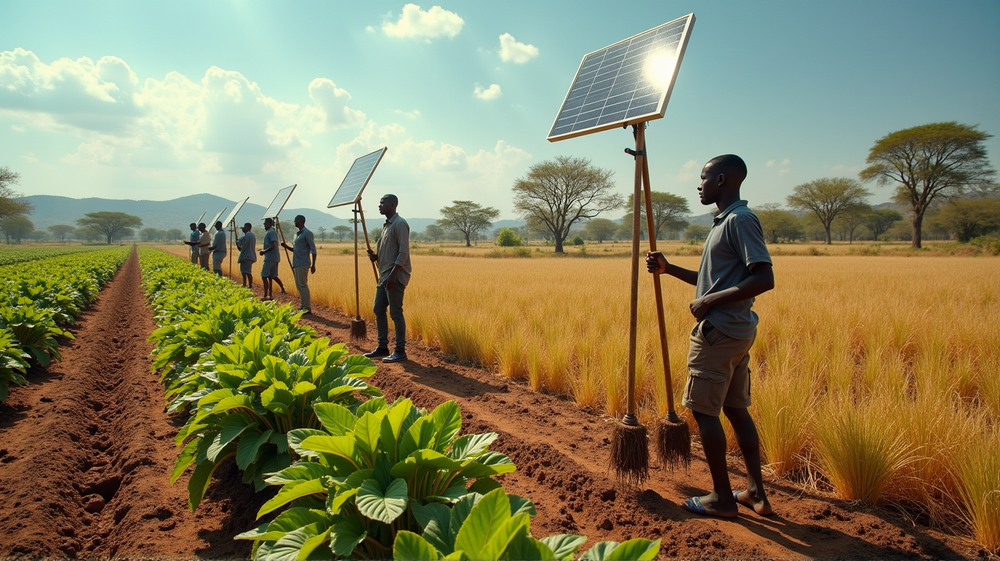Zimbabwe's Struggle: A Crisis in Food Security and Solutions
Zimbabwe’s ongoing struggle with food insecurity is a persistent challenge that has placed it among the Southern African region’s hotspots, especially during droughts. This dire situation highlights the necessity for organizations such as the World Food Programme (WFP) to provide much-needed support. However, recent funding cuts from key WFP supporters, like the U.S. administration reducing USAID budgets, have left Zimbabwe in a precarious position.
The Aid Dilemma
Many African countries, including Zimbabwe, rely on grain imports during severe droughts. Yet, the weakening of the WFP has increased vulnerabilities, putting nations heavily dependent on aid at risk. As stated in Wandile Sihlobo, organizations that once provided a security net face constraints, pushing Zimbabwe to seek alternative solutions.
AFDB’s Hopeful Grant
A glimmer of hope emerged with the African Development Bank’s (AfDB) announcement of a $10.12 million grant aimed at enhancing sustainable agricultural production. This initiative focuses on climate-smart agriculture, impacting 7,000 livestock farmers and 42,000 crop farmers in Zimbabwe. The project’s scope includes rehabilitating dip tanks, constructing solar-powered boreholes, and enhancing food security through improved crop-livestock value chains.
Long-Term Agricultural Vision
The AfDB’s efforts, while substantial, only address part of the problem. A comprehensive strategy is needed to revitalize Zimbabwe’s agricultural sector. This includes policy reforms in land governance and seed legislation, emphasizing the necessity for extending tradable leases to attract investments. Infrastructure development and embracing advances in agricultural technology are critical to boosting productivity.
Broader African Challenges
Beyond Zimbabwe, the entire African continent faces intensifying hunger issues. Multinational organizations that once provided assistance may no longer be available, underscoring the urgent need for Africa to enhance its agricultural capabilities. Addressing land reform issues and supporting commercial farming are steps toward sustainable development and economic growth.
Embracing Technological Advancements
Incorporating advanced agricultural technologies, from improved seeds to agrochemicals, holds the potential to transform productivity levels. Moreover, investing in infrastructure to support robust value chains is crucial for the agro-processing sector’s growth, which will also provide employment opportunities.
From policies to infrastructure, the journey toward sustainable agriculture in Zimbabwe and Africa will be challenging. Yet, these steps are vital in overcoming food insecurity and fostering a stable, self-sufficient future.




